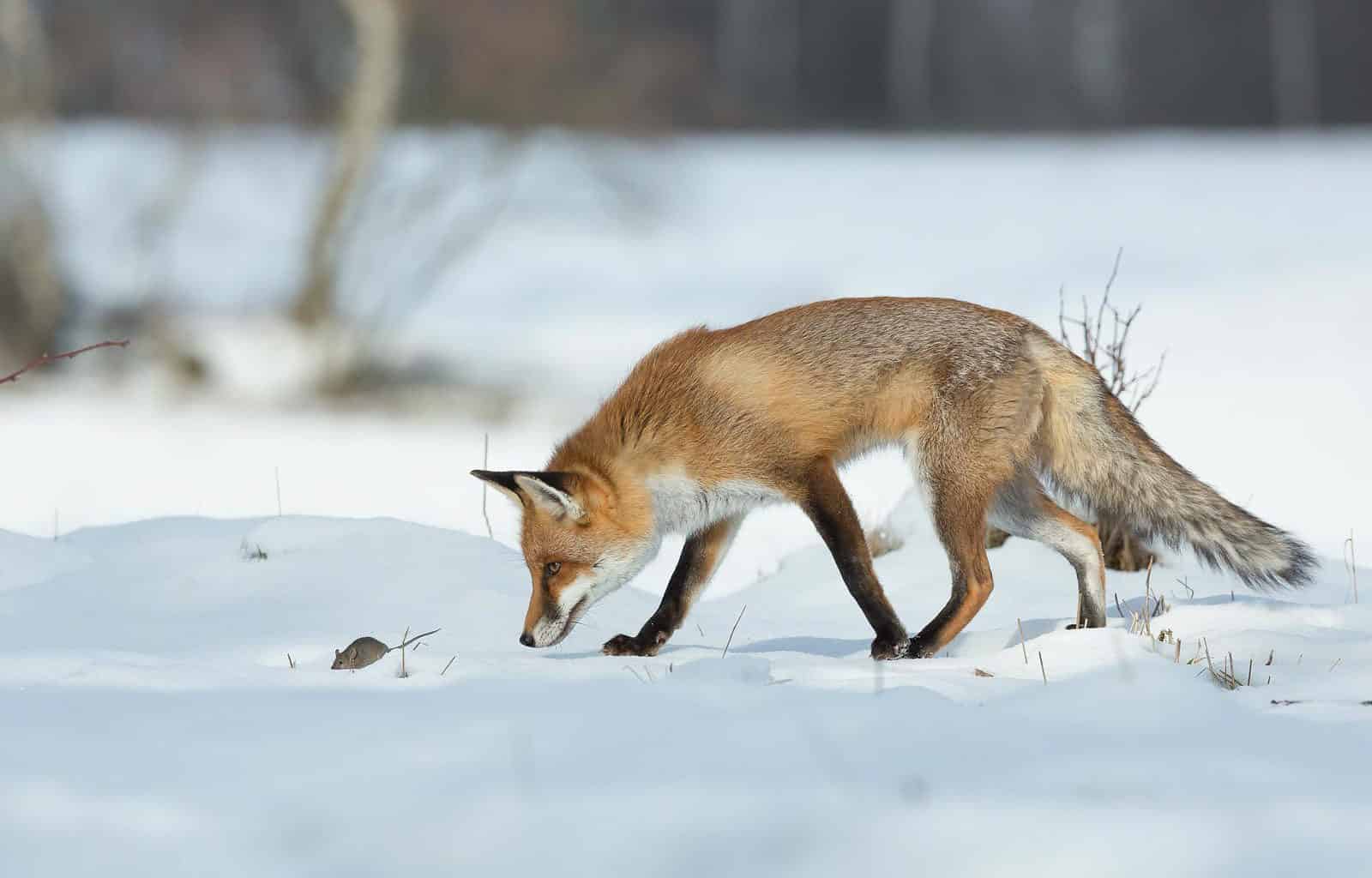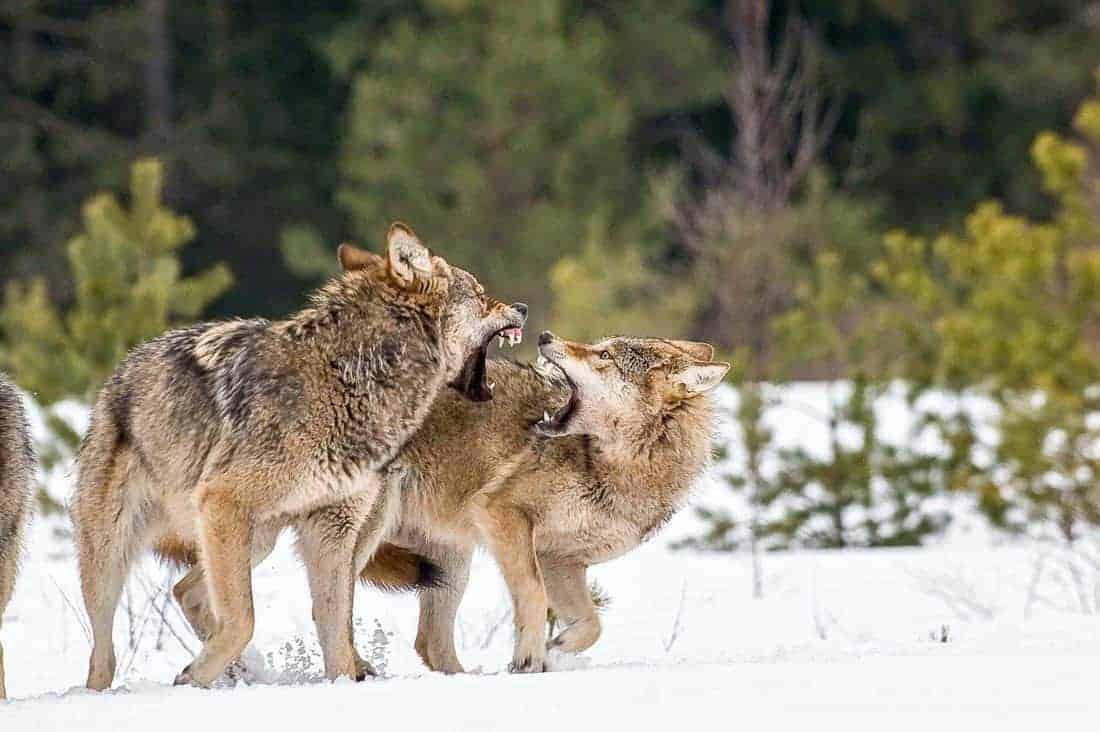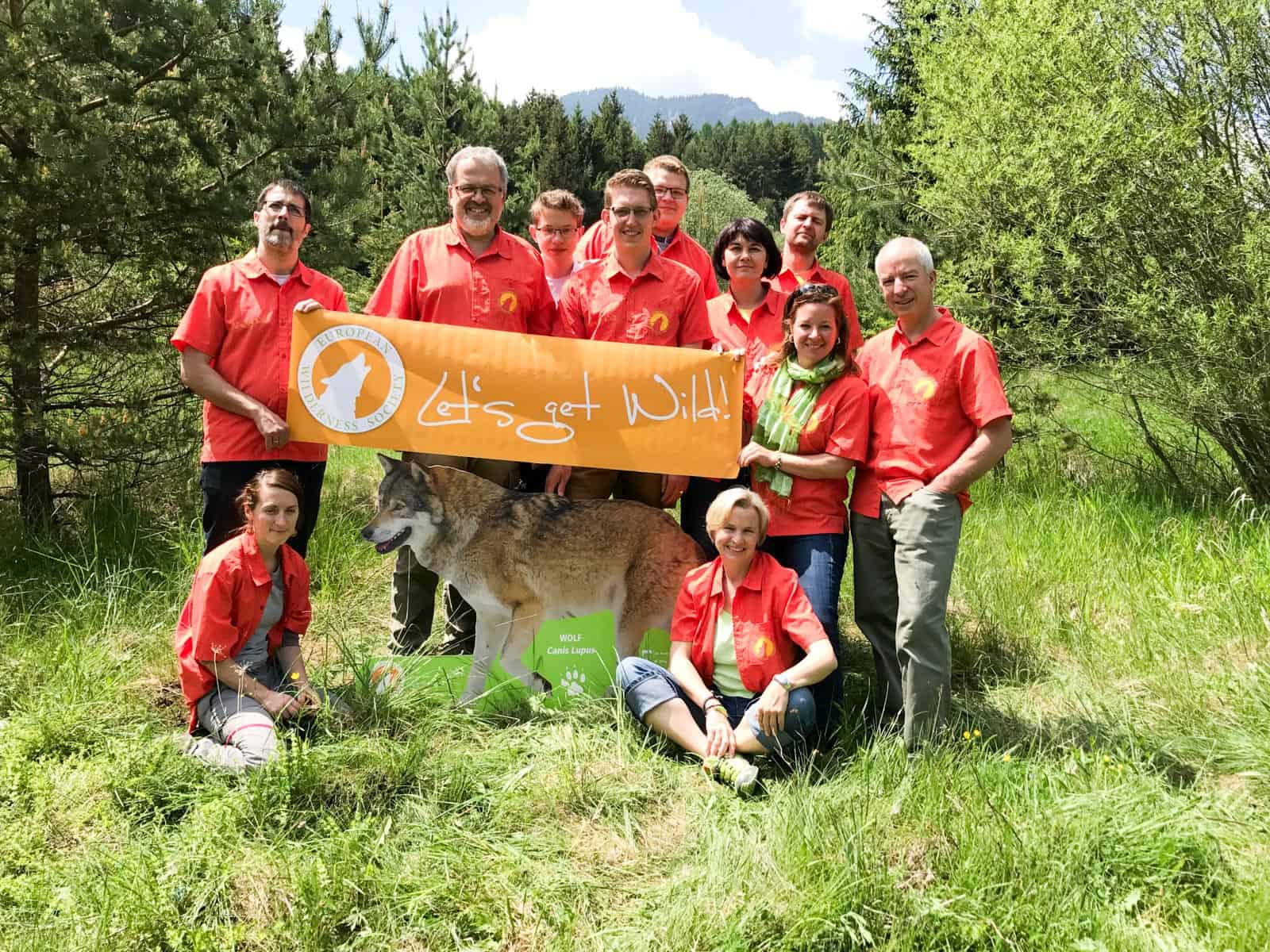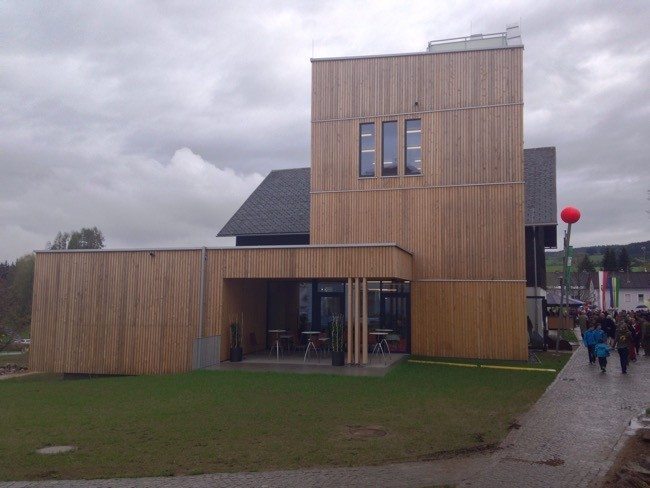Success for fox hunting ban in Luxembourg
In 2015, Luxembourg excluded the fox from their list of game species. The local hunting association predicted highly increasing fox populations and a rise in the transmission of game diseases. However, none of their predictions came true – the infection reate of the so-called fox tapeworm even decreased since the hunting ban is in place.
Please also read: The wolf is back in Luxembourg!
What hunting does to fox populations
In the same period, the German province of Saarland, which has the same size as Luxembourg, shot around 12 000 red foxes. The hunting, however, did not have significant impacts on the overall fox population number of the region. In Luxembourg as well as in Saarland the populations sizes are approximately the same as they were four years ago. This underlines the findings of several scientific studies which prove that intensive hunting does not reduce the population numbers of foxes in the medium-term. Foxes react to intense hunting with higher numbers of offspring. Fox territories which have been shot empty are occupied again by immigrating individuals from neighbouring territories.
The department of nature and forestry management of Luxembourg did not identify any problems arising from the hunting ban on foxes. There are no sings for an increase of the fox population or a rise in foxes infected with the so-called fox tapeworm (Echinococcus multilocularis). On the contrary, the percantage of infected animals decreased since the implementation of the hunting ban. In 2014, when foxes were still hunted, around 40% of the country’s population were infected. In 2017 only 25% of Luxembourg’s foxes had the fox tapeworm.
No arguments left supporting the fox hunt
The situation in Luxembourg proves that there are no sound arguments supporting the fox hunt. The German “Aktionsbündis Fuchs” recently published a short summery taking a closer look on often used arguments to advocate for the fox hunt. Their explanations go in line with what the situation in Luxembourg shows. This was also confirmed by the administrative court of Luxembourg, who rejected the request of the country’s hunting association to stop the hunting ban. The Green party of Luxembourg (Dei Greng) as well as the country’s state secretary for sustainable development and infrastructure, Claude Turmes, announced to stick with the hunting ban no matter what. The scientific data and present results of the hunting ban on foxes clearly speak for its continuation.
Hunting and Wilderness are not compatible
Hunting is not allowed in Wilderness. As this case of Luxembourg and the province of Saarland proves, hunting changes the behaviour of animals, mostly in negative ways. Wilderness should be a place where wild animals find refuge, where they can strive and evolve without any pressure of being shot. Unfortunately, animals like foxes, deer or ibex, are frequently shot even within protected areas. Often with the justification of disease control or to enable forest re-juvination.
Particularly predators have important far-reaching effects on an ecosystem. Wolves and foxes are often called the doctors of the forest as they preferably prey on sick and old animals. This increases the overall health of, for example, deer populations. Several cases, such as the famous Calanda wolf pack, underline the positive effects of predators on an ecosystem. In the absence of natural predators, hunters are supposed to step in this role. In reality, however, it is often the deer with the largest antlers that is hunted, not the sickly or old ones.









